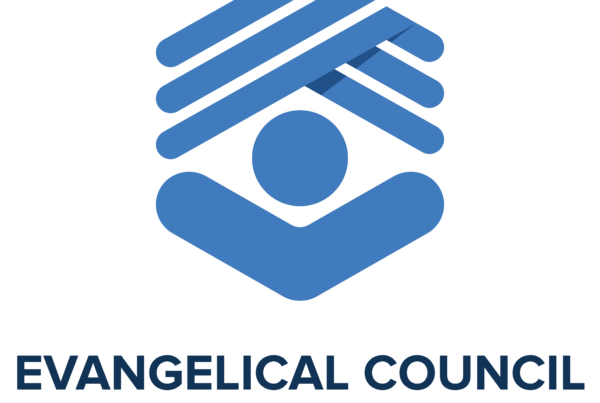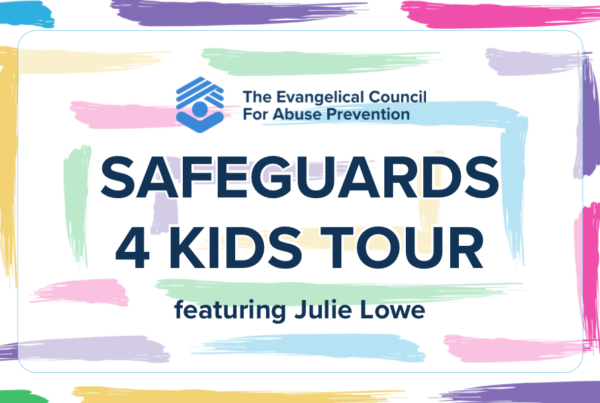From our friends at Telios Law:
In the face of abuse and misconduct allegations, organizations facing the prospect of litigation or bad publicity often try to resolve claims through settlement agreements. A settlement agreement may be reached even before a lawsuit is filed, and the defendant organization may be willing to pay the claimant even if it believes the claims are unfounded; doing so to avoid the expense of litigation and to protect the organization’s reputation. Plaintiffs and their attorneys often find settlement worthwhile because they get some compensation for an injury without having to prove their case in court or go through the ordeal of trial.
A settlement is an exchange both parties decide is fair: the defendant agrees to pay money or take some other corrective action in exchange for the plaintiff agreeing to refrain from suing or end a lawsuit. One common feature of a settlement is a non-disclosure agreement (NDA), sometimes called a non-disparagement or confidentiality agreement. NDAs are provisions of a settlement in which the claimant may agree not to disclose the substance of the allegations underlying the claim, not to disclose the terms of settlement, not to disparage or speak negatively about the organization, or a combination of any of these. If the case is legally weak and the claimant is likely to lose, not disparaging the organization may be all the claimant has to offer in exchange for the settlement.
This article discusses the pros and cons of NDAs, as well as legal and moral issues to consider when deciding whether to use an NDA. This article is primarily about post-dispute NDAs, such as settlement and severance agreements, and not pre-dispute NDAs, which are sometimes included in employment contracts and restrict employees from prospectively disclosing misconduct or disparaging information that might arise in the future.
Concession or Suppression? The Pros and Cons of NDAs
NDAs are controversial, especially in the context of abuse and misconduct claims. Some view NDAs as useful provisions to resolve claims—with leverage on one side and the goal of protecting an organization’s name from allegations, whether founded or unfounded, on the other. Others see NDAs as a tool that organizations use to evade accountability and silence victims, and oppose them in all circumstances.
From the perspective of an organization defending against misconduct claims, NDAs can help ensure that the reputation of the organization will not be harmed by allegations circulating in the public or by expensive litigation arising from those allegations. Also, even if there has not been any real misconduct, an NDA can be a way for an employer and employee to part peaceably, with neither saying bad things about the other. NDAs can be an effective tool to manage risk, so it’s easy to see why organizations like them.
But there are also advantages from the perspective of persons asserting misconduct claims. Many victims of misconduct do not want to go public with their allegations, but often want to receive compensation for their injuries. NDAs can help facilitate a way for such survivors to receive recompense without forfeiting their own privacy or re-living any trauma to do so. And because they offer a benefit to the organization, they leverage the payout to a higher figure. Survivors who agree to NDAs are offering privacy to the organization, which has value in exchange for the settlement. Taking NDAs off the table can significantly handicap claimants in negotiating a settlement.
There are, however, negative aspects of NDAs. They can sometimes allow individuals and organizations to evade accountability and even permit repeat offenders. An example is the case of Hollywood mogul Harvey Weinstein, who was able to silence many of his victims through NDAs and continue perpetrating acts of sexual assault.[1] This is a significant moral and social concern surrounding NDAs.
The Weinstein saga is an example of another way in which NDAs can be misused; namely, when there is a disparity of power between an alleged victim and an alleged offender. In certain scenarios, claimants might be coerced into an NDA that they might not otherwise have agreed to had they been on a more level playing field with the organization insisting upon silence. Even if it doesn’t feel coercive, Christian organizations consider carefully whether an NDA is appropriate in a given circumstance, or whether a past NDA should be waived.
Valid or Void? Legal Considerations for Using NDAs
Determining whether an NDA is an appropriate tool in a given situation depends on legal as well as ethical factors.
NDAs can raise various legal issues. First, new laws on the state and federal levels make certain kinds of NDAs unenforceable. At least a dozen states have laws limiting the enforceability of pre-dispute NDAs in employment agreements with respect to allegations of sexual assault, harassment, and retaliation. New federal legislation, the Speak Out Act of 2022, also bars enforcement of pre-dispute NDAs relating to sexual assault or harassment.[2] Basically, pre-dispute NDAs prohibit victims from coming forward publicly, and they do not even compensate them for silence. These NDAs are morally problematic both in terms of justice for victims and in possibly allowing cover-ups. A handful of states, including California, New York, and Illinois, also limit enforcement of post-dispute NDAs in the context of sexual misconduct claims.
Even in jurisdictions where NDAs for sexual misconduct are not prohibited, the scope of the NDAs must not be too broad. Some courts may invalidate NDAs if their scope (either in duration or content) is beyond what is necessary to protect the interests of the organization or imposes an undue burden on the claimant. Also, under federal law, no employer can restrict an employee from filing a charge with the Equal Employment Opportunity Commission (EEOC) or participating in an EEOC investigation. There could also be situations where entering into an NDA could be a violation of mandatory reporting requirements.
The enforcement of NDAs when they are violated can be difficult in practice. Few courts are willing to impose an injunction ordering a person to stop talking about a matter just because the person signed an NDA. This leaves organizations with the ability to seek damages against the party for breaching the NDA, but these damages can be very hard to prove. Some NDAs may provide for liquidated damages (i.e., a predetermined dollar amount) in the event of a breach, but many jurisdictions have strict criteria for awarding such damages that might not be easy to satisfy. If the person promising confidentiality is willing to break his or her promise, he or she might get away with it.
There may also be situations where an organization recognizes the need for further investigation or further discussion of a problem, and may choose to waive its rights to enforce an NDA and give the person permission to talk, whether narrowly or broadly.
Considering these and other legal obstacles, an NDA may not always be possible or worthwhile. Nevertheless, there are still often lawful and effective ways to make and enforce NDAs to appropriate ends.
Righteous or Rotten? Moral Considerations for Using NDAs
Apart from the legal issues associated with making and enforcing NDAs, organizations should consider the moral and ethical aspects. Implementing NDAs may be appropriate in many circumstances and can ethically be used to protect organizations against unjust reputational harm. However, organizations should balance considerations of their own interests with those of others. This can be done by answering a few questions:
- Is the NDA necessary and prudent? Does it really serve the interests of the organization to restrict a person from disclosing allegations to the public? What is the likelihood of the NDA backfiring and actually harming the organization’s reputation?
- Is the NDA fair and reasonable? Is the amount of value the claimant receives in exchange for the NDA reasonable under the circumstances? Is this what claimants would reasonably expect to receive in exchange for forfeiting the right to discuss a traumatic experience in their life or to speak out against someone they believe might harm others?
- Is the NDA too broad? NDAs can often be narrowly tailored to allow claimants to share their story in a way that does not disparage the organization. This might be difficult when someone blames the organization for acts committed by an individual affiliated with that organization. But a narrower approach can be considered. For example, the claimant may be free to speak out about his or her story or discuss the offender, but will agree not to publicly blame the organization. The evaluation of what the organization knew or how much it was at fault can affect this decision.
- Is the NDA protecting an offender or avoiding accountability? Organizations should never be complicit in covering up abuse or misconduct. Nor should they protect or enable individual offenders. An organization should accept accountability when its actions or inaction resulted in harm. Following an allegation, an organization should take an honest and sober inventory of its reasons for using an NDA and consider whether an NDA might result in a substantial injustice, or worse, allow others to possibly be harmed in the future. If there is a known perpetrator, the organization should help to bring that person to justice. And if there could be other victims, the organization should want to work to identify those persons and help them.
Answering these questions can be difficult. The answers might depend on what is claimed to have happened, how likely it was to have happened, whether others were hurt, whether others could be hurt, and other factors. Whether to use an NDA in an agreement is a fact-specific, case-by-case analysis. Organizations should take these considerations seriously, and claimants will also want to consider their own goals and how an NDA or lack of it can affect the value of their case. Both could engage with experienced legal counsel to advise on all aspects of making and enforcing NDAs.
[1] https://www.newyorker.com/news/news-desk/harvey-weinsteins-secret-settlements
[2] https://www.congress.gov/bill/117th-congress/senate-bill/4524





